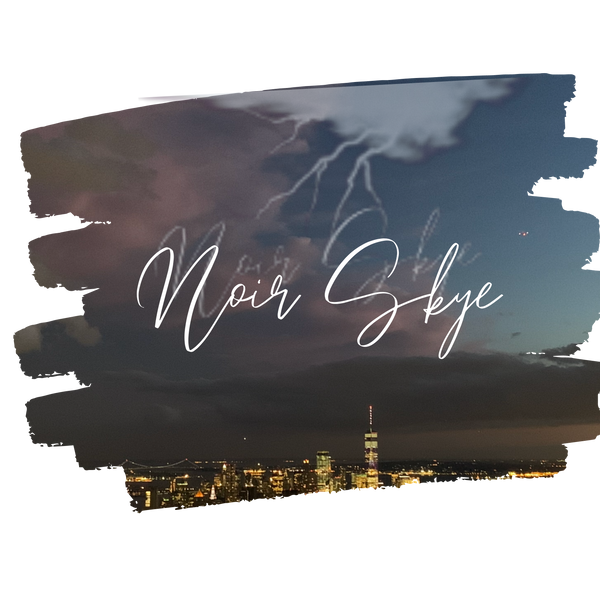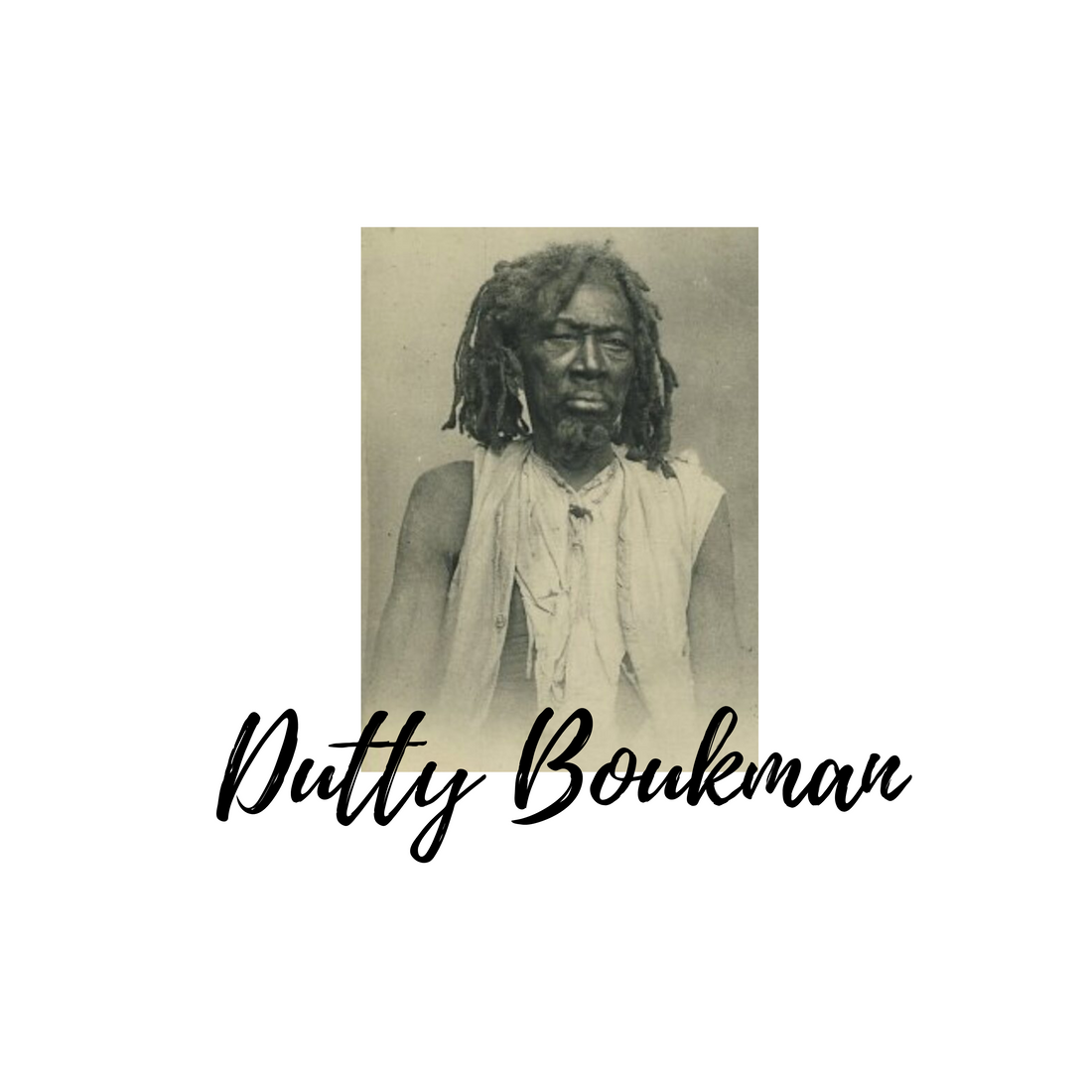Dutty Boukman, the name resonates through Haitian history. This enigmatic figure, a Vodou priest and rebellious enslaved leader, ignited the flame that became the legendary Haitian Revolution, the most successful slave revolt in history.
From the Shores of Senegambia
Boukman's story begins on the windswept coasts of Senegambia, likely in modern-day Senegal or Gambia. Born around 1767, he was captured and ensnared in the brutal machinery of the transatlantic slave trade. First taken to Jamaica, he was eventually transported to the French colony of Saint-Domingue, the future Haiti.
Even in bondage, Boukman's spirit remained unbroken. He was known as a "Book Man," a reference to his alleged literacy and perhaps a connection to his Islamic faith from his homeland. This skill would have been a formidable tool, and some sources suggest he used it to teach fellow slaves—a dangerous act of defiance.
The Vodou Flame
In the lush mountains of Saint-Domingue, Boukman found solace and power in the practice of Vodou, an Afro-Caribbean religion. He rose to the rank of houngan, a priest, respected for his knowledge and spiritual authority. Vodou became more than just a faith; it was a wellspring of resilience and identity for the enslaved population, and Boukman was the vessel through which this force flowed.
Bois Caïman–The Night That Changed History
In August 1791, a clandestine gathering took place under the moonlit canopy of Bois Caïman. Alongside Cécile Fatiman, a Vodou priestess or mambo, Boukman presided over a historic ceremony. Legends paint a vivid scene: Boukman's booming voice, impassioned by visions of freedom, and sacrifices invoking the spirits. More than just a religious meeting, Bois Caïman was a call to arms.
The exact nature of the meeting is shrouded in myth and history. What's certain is the fire that lit that night spread quickly. Within days, the simmering tensions boiled over. Enslaved Africans across the northern plains of Saint-Domingue rose against their oppressors, burning plantations and demanding their birthright: freedom.
A Legacy of Liberation
Tragically, Boukman was killed in battle only months after the Bois Caïman meeting. His body was brutally displayed by the French in a chilling attempt to extinguish the rebellion, but the flame refused to die. His bravery and early leadership of the uprising cast a long shadow, galvanizing his people in their struggle for liberty.
Dutty Boukman's story isn't one of just a historical figure, but a symbol. He embodies the indomitable human spirit that seeks freedom against all odds. The Haitian Revolution he helped launch was a thunderclap that resonated throughout the world, inspiring other enslaved people and forever changing the course of history.
Please note:
There are differing accounts about how Dutty Boukman ended up in Haiti:
- Escape from Jamaica: Some sources suggest he may have been involved in planning a rebellion in Jamaica. As a result, he was sold off and transported to avoid the uprising.
- Sold by Owner: Other accounts indicate he was simply sold from Jamaica to Saint-Domingue by his British owner. This may have been due to his rebellious nature or his literacy making him difficult to manage in Jamaica.
Unfortunately, there's no definitive historical record to confirm a single version. This ambiguity adds to Dutty Boukman's mystique— his story is partially defined by the unknown and the power of resistance regardless of circumstance.


